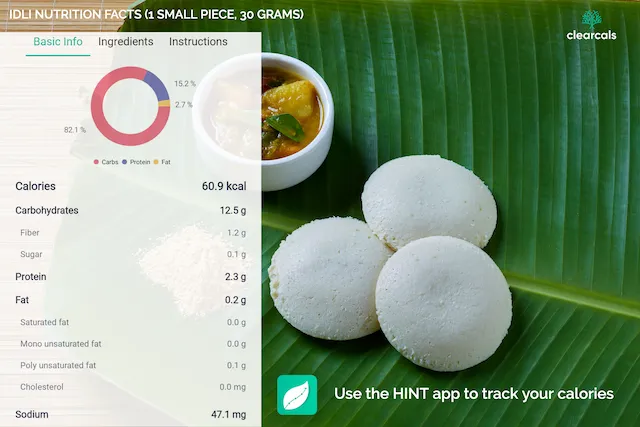Looking for a Personalized Diet Plan?
High Protein Indian Diet Plan: Natural Muscle Gain Through Food
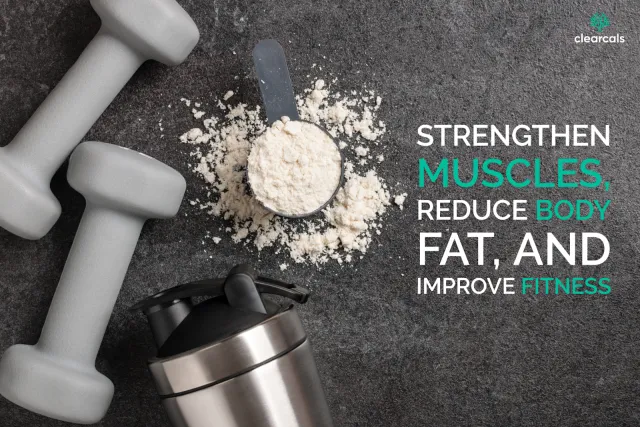
TL;DR
- With the HINT app, we make it easy for you to build muscle. You can get a personalized Indian high-protein diet plan within minutes.
- This high-protein diet plan helps build muscle and prevents muscle loss. Increases muscle mass, stamina, and flexibility.
- Our carefully designed diet plan supports muscle growth, prevents muscle loss, and comes with specific dos, don’ts and expert tips to ensure you succeed on your fitness journey.
- For any unanswered questions, check out our FAQs or reach out to us directly at support@clearcals.com.
Building muscle starts in the kitchen. A high-protein Indian diet helps you gain muscle mass, prevent muscle loss, and improve overall strength—whether you're vegetarian, ovo-vegetarian, or non-vegetarian.
In this guide, we break down what to eat, how much protein you really need, and why following the right diet type is crucial for your fitness journey.
Use the Hint app to get a personalized high-protein meal plan that fits your lifestyle and preferences.
How To Get Started with Hint Pro and Hint Premium
Step 1: Download and Install the Hint App
Search for "Hint" on the Apple App Store or Google Play Store, download, and install it on your device.
Step 2: Create an Account or Log In
Open the app, create an account, and provide your profile details, including age, gender, height, weight, and physical activity level.
Step 3: Subscribe to Hint Pro or Hint Premium
Access Hint Pro by navigating to the plans section in the app. Choose from monthly, quarterly, or yearly plans, and unlock premium features like Personalized Diet Plans and Advanced Calorie Tracking to ensure you’re on the path to achieving your muscle gain goals.
Want more? Upgrade to Hint Premium for unlimited dietitian consultations and deeper insights into your nutrition and fitness habits.
Step 4: Enjoy Hint Pro and Premium Features
With Hint Pro, get instant access to a personalized High Protein Indian Diet Plan, advanced macro and micronutrient tracking, and our latest Pro Workouts feature, which lets you track calories burned during over 300 strength training exercises.
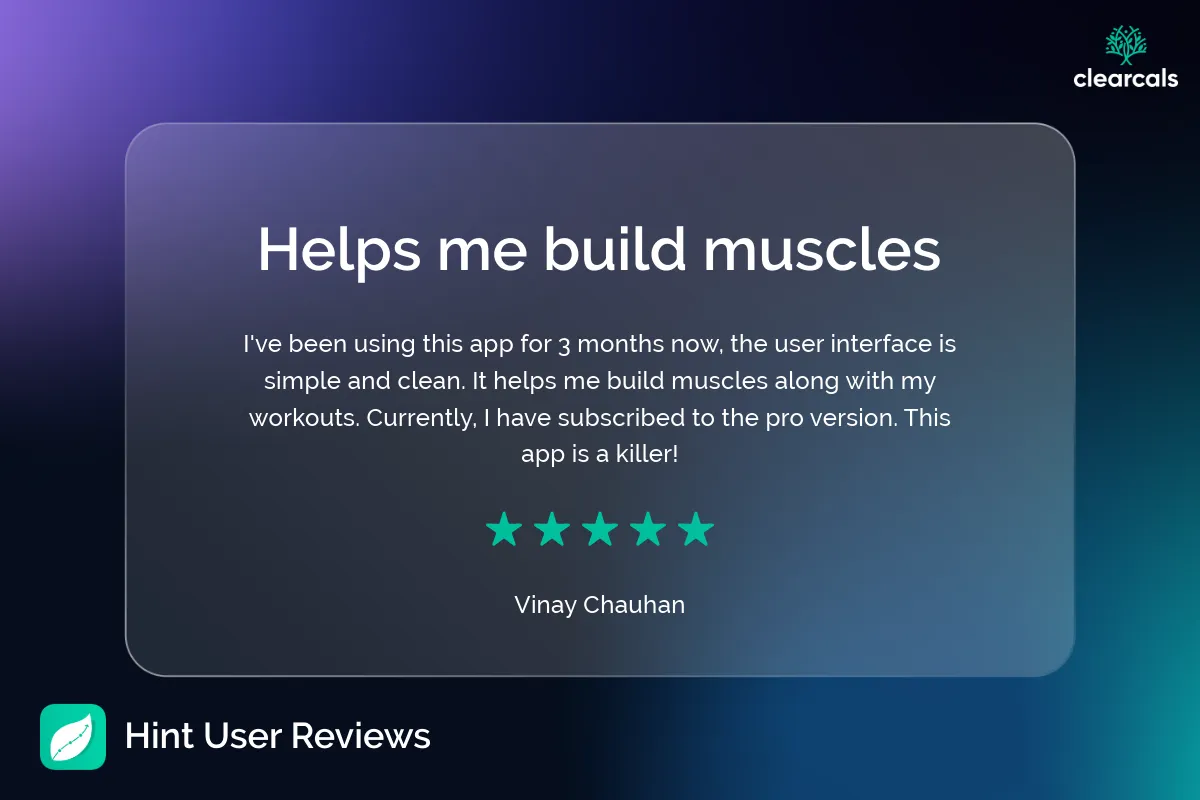
Overview: High Protein Diet and Muscle Gain
The Hint High Protein Diet Plan is designed to optimize muscle gain through nutrient-rich, high-protein Indian meals.
Combined with regular gym workouts, this plan promotes muscle growth, enhances stamina, and supports overall fitness.
The plan is especially effective for those seeking a structured Gym Diet Plan for Muscle Gain, tailored to individual dietary preferences.
If you're aiming to gain 5–10 kg with a structured diet and expert support, explore our comprehensive 10 Kg Weight Gain Diet Chart.
Key Benefits:
Boosts Metabolic Rate
High-protein foods increase metabolism due to their thermic effect, helping you burn more calories throughout the day.
Decreases Cravings and Increases Satiety
Protein is highly satiating, helping you stay fuller longer and reducing the urge to snack between meals. This makes sticking to your diet plan easier and more effective.
Builds Muscle and Prevents Muscle Loss
Protein is essential for muscle repair and growth. Whether you're bulking up or cutting, this plan ensures you're consuming enough protein to meet your fitness goals while preventing muscle loss during calorie restriction.
Increases Stamina and Strength
With strong muscles, you'll find it easier to tackle demanding exercises, improving your overall gym performance.
For optimal results, we recommend following this plan for at least three months, tracking your progress, and adjusting your diet as needed using the Hint app.
Plan Type
This is a monthly subscription plan. You can renew it every month, for three months, or once a year.
Diet type
Taking your dietary preferences into consideration, we have the Hint High Protein Diet Plan available in 3 different diet types, such as
1. Veg diet plan for muscle gain
This is a vegetarian diet plan containing plant-based foods and dairy products. It does not include eggs, meat, fish, seafood, and other animal products.
2. Ovo-veg diet plan for muscle gain
This diet plan includes vegetarian foods and various egg recipes. It does not include meat, fish, seafood, and other animal products.
3. Non-veg diet plan for muscle gain
This plan includes non-vegetarian foods such as meat, fish, seafood, and other animal products in addition to dairy products, eggs, and regular vegetarian foods.
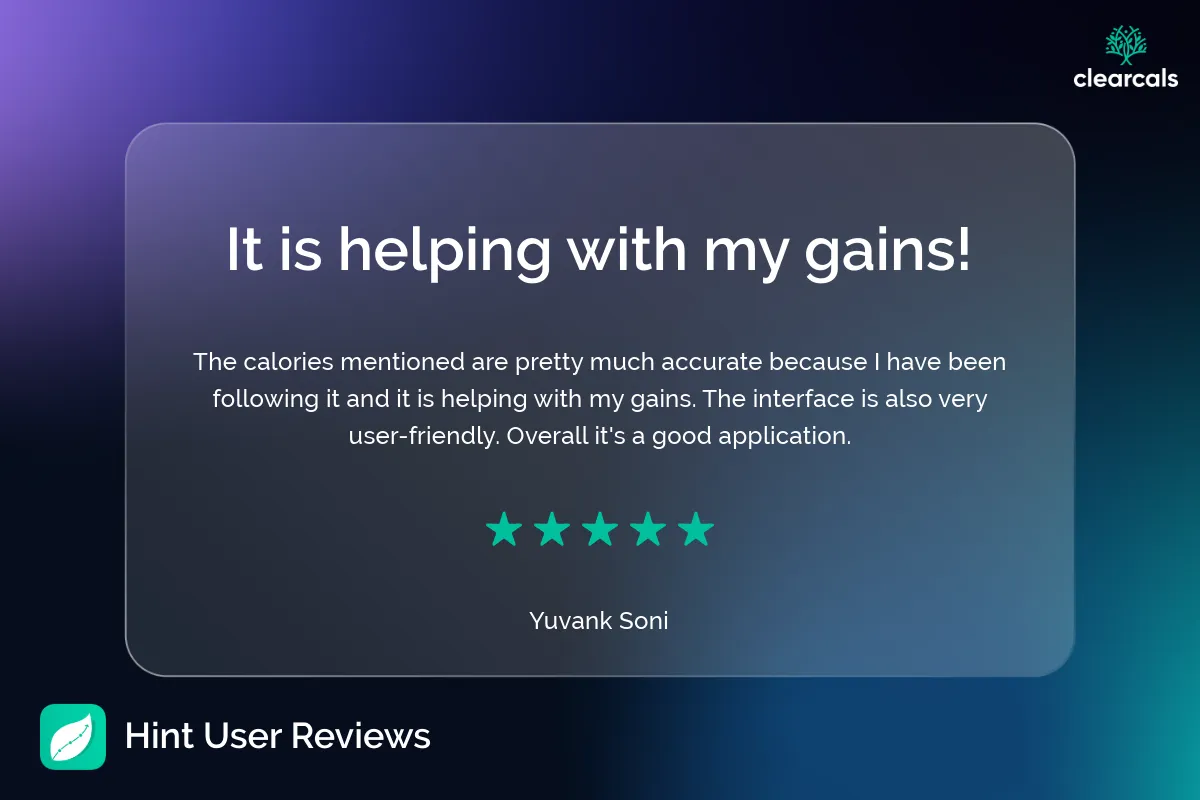
Do’s and Don’ts for Muscle Gain Success
Do’s:
- Start your day with a glass of lukewarm water, as it helps the body flush out toxins.
- Indulge in regular physical activity for increased muscle strength.
- Have your pre-workout meal 15 minutes before starting your exercise to fuel your body and enhance your performance during the workout.
- Have a post-workout meal within 30 - 60 minutes of your exercise session.
- Your post-workout meal contains both carbohydrates and protein. It helps your muscles recover and prevents sore muscles.
- Do not consume more than 2 tablespoons of Muscle Blaze whey protein with milk chocolate in your post-workout meal.
- Eat your breakfast 20 - 30 minutes after your post-workout meal.
- Eat breakfast along with recommended side dishes such as chutneys, sambar, or boiled egg to make it a balanced meal.
- Eat snacks between breakfast, lunch, and dinner.
- As recommended in this diet plan, eat high-protein snacks such as threptin biscuits or boiled pulses, and peanut butter sandwiches.
- Drink 2 to 4 liters of water to keep yourself hydrated. Track your water intake using the Hint app.
- Not drinking enough water could lead to constipation and kidney stones.
- While performing high-intensity workouts, drink adequate water or fluids containing electrolytes such as salt and sugar water, coconut water, and lemon water.
- Strictly follow the portion sizes included in your plan. Excess protein intake affects calcium and iron absorption.
- Finish your dinner before 9 pm.
- Have your bedtime beverage at least 30 to 45 minutes before you sleep.
- Try to sleep before 11 pm every day.
- Sleep for at least 7 to 8 hours daily.
- Drink skimmed milk or low-fat milk for better protein absorption.
Don'ts:
- Do not eat heavy meals. Follow the diet plan.
- Don’t eat more protein in the form of protein bars or supplements other than those recommended in your diet plan.
- If you have any form of kidney disease, you should not follow this high-protein diet plan.
- Avoid taking tea or coffee on an empty stomach.
- Avoid sweet fruits and fruit juices as a pre-workout meal. Only eat recommended fruits as a pre-workout meal.
- Do not skip your pre-workout or post-workout meal.
- Avoid deep-fried or processed food for breakfast, lunch, and dinner.
- Do not skip your mid-morning and evening snacks.
- Don't skip your major meals and consume extra food in the next meal.
- Don’t drink coffee or tea after 6 pm.
- Do not smoke. Smoking and alcoholic drinks tend to slow down your muscle repair process.
General Tips For Muscle Gain:
- Eating a high-protein diet without physical activity will not strengthen your muscles and lead to weight gain.
- If you prefer non-vegetarian food, choose leaner and slightly larger cuts of meat.
- Enjoy more whole grains along with protein sources as recommended in this diet plan.
- Try logging your food to learn about your meals.
- Limit the following sweeteners: sugar, agave, maple syrup, honey, coconut sugar, and artificial sweeteners.
- Avoid deep-fried foods as they will add extra calories, carbs, and fat to your diet.
- Avoid eating fatty cuts of meat and processed or frozen meat as they have high saturated fat. It will increase the risk of heart disease.
- Avoid full-fat dairy products as they increase the risk of heart disease.
- Avoid fats that come from animal products and plant oils such as dalda, coconut oil, palm oil, lard, tallow, butter, and margarine.
- Avoid aerated and caffeinated drinks such as Pepsi, Coke, Fanta, Diet Coke, and Soda.
- Don’t drink coffee or tea more than twice a day.
- Reduce the salt intake to one teaspoon per day to avoid high blood pressure and related complications.
- Avoid spicy foods to prevent unwanted consequences like heartburn and diarrhea.
Looking for a gym-specific meal strategy? Visit our Gym Diet Plan for Muscle Gain for structured workouts and synchronized nutrition advice.
Frequently Asked Questions (FAQs)
1. How much protein do I need to eat every day?
As per this diet plan, 20% of your daily calories should come from protein if you work out regularly. If you are following a sedentary lifestyle, 10 to 15% of your daily calories should come from protein.
2. What kinds of foods are high in protein?
Lean or low-fat poultry, fish, eggs, and meat are good protein sources. For vegetarians, peas, beans, nuts, seeds, and processed soy products are options. Most of these high-protein foods are included in this diet plan.
3. What happens when you eat too much protein?
Eating too much protein can lead to kidney problems, and over time, can cause symptoms like bad breath, indigestion, and dehydration.
4. How long does it take for a high-protein diet to work?
If accompanied by regular exercise, you will see a change in your body composition within two weeks.
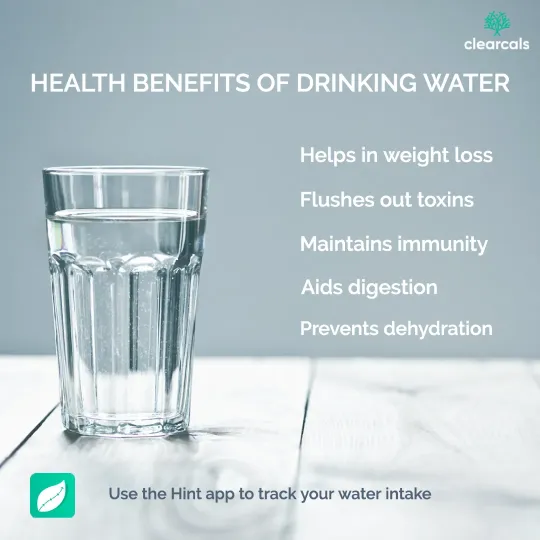
5. Does a high-protein diet make you feel constipated?
Consuming a high-protein diet without adequate water intake could lead to constipation. Always drink 2 to 4 liters of water per day while following this diet plan.
6. Does protein help with hair growth?
Yes. Eating adequate protein helps hair growth because hair follicles are made of mostly protein.
7. Can you lose weight on a high-protein diet?
Yes. Eating a high-protein diet can cause weight loss while maintaining portion control and performing regular exercise.
8. Why is high protein good for weight loss?
Eating a protein-rich diet can decrease cravings, increase satiety, and boost metabolic rate. Hence, it indirectly helps in weight loss.
9. Are bananas high in protein?
No. Bananas mostly contain carbs and sugar.
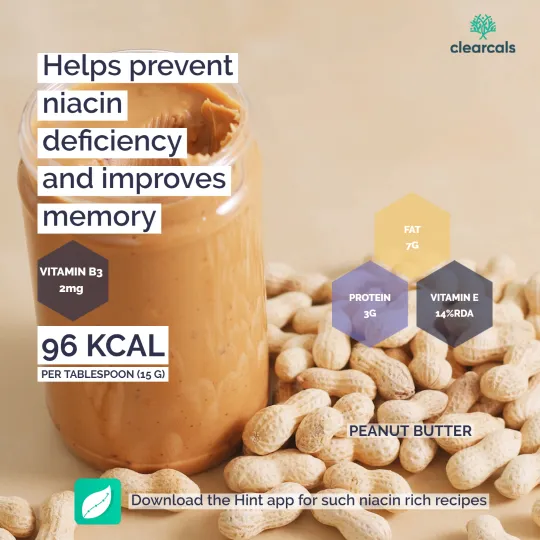
10. Is peanut butter high in protein?
Yes. A tablespoon of peanut butter contains 3.3 grams of protein, making it an easy way to add protein to a variety of snacks or a meal. Do not eat more than two tablespoons of peanut butter per day as it is high in calories and could lead to weight gain.
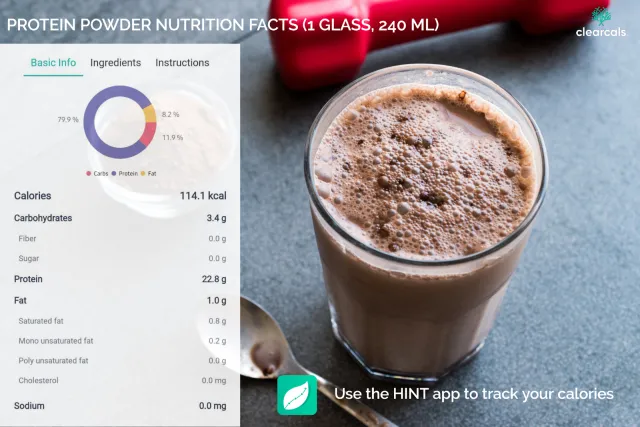
11. Do protein supplements make you gain weight?
If you have too many servings of protein supplements per day, your overall calorie intake might go up, which can in turn cause you to gain weight. So to avoid any weight gain, follow the portion sizes mentioned in the plan.
12. Does a high-protein diet burn fat?
A high-protein diet boosts the metabolism, causing calorie and fat burn. Protein takes more energy to digest than carbs or fat, making it a promising tool for weight loss.

13. What are high-protein vegetarian foods?
Paneer, curd, lentils, beans, chia seeds, quinoa, nuts, peas, soybeans, and tofu. Most of these high-protein foods are included in your diet plan.
14. What are the different types of protein supplements available?
Protein powders come from a variety of sources and are available in several formulations. They are whey protein, casein protein, egg protein, pea protein, hemp protein, brown rice protein, and mixed plant proteins.
15. When is the best time to take protein supplements?
Protein supplements should be taken 15–60 minutes after exercise. Taking protein in this time frame helps in muscle building.
16. What happens if you take protein without working out?
Drinking protein shakes without working out can lead to excess calorie intake, which leads to weight gain.
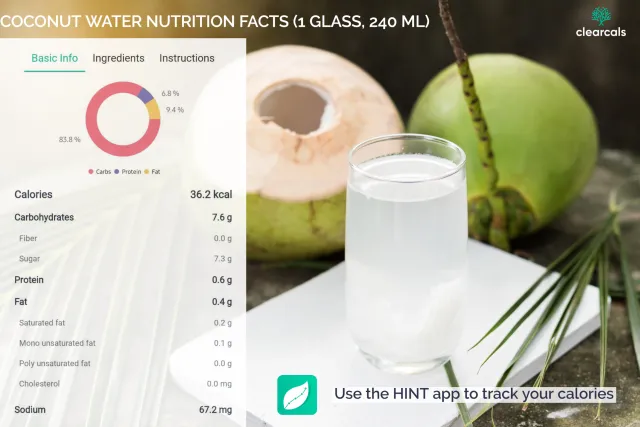
17. What are the ways to add electrolytes to your water?
The electrolyte content can be increased by adding sea salt, coconut water, ginger, watermelon, or oral hydration solutions. One can also include milk, fruit-infused waters or fruit juices, and teas.
18. Can protein shakes damage your kidneys?
Protein shakes are healthy. But too much of it is not. Even if you work out regularly, if you have this in excess, you put extra pressure on your body. Over time, this can lead to organ damage. People with an existing kidney condition should check with their doctor before taking such shakes.
19. Should I take protein powder every day?
It is safe to drink protein shakes every day, but be sure to obtain the majority of your protein and other nutrients from whole food sources. Follow this diet plan for the best results.
20. What are good sources of protein before a workout?
You do not need protein before a workout. For best results, eat the pre-workout meals recommended in this plan before starting your exercise.
21. What should you not eat before a workout?
Eating the wrong foods before the workout could hamper your performance during the workout. You should avoid refined sugars, fizzy or carbonated drinks, fruit juices, alcoholic beverages, spicy food, fried or processed food, high-fat food or fast food, and desserts.
22. Which fruits are best for muscle gain?
Eating fruits is good for your health and helps in muscle recovery, but does not help in muscle gain.
23. Which meat is best for muscle building?
Leaner and slightly larger cuts of meat are best for muscle building. Such lean meats are included in your diet plan.
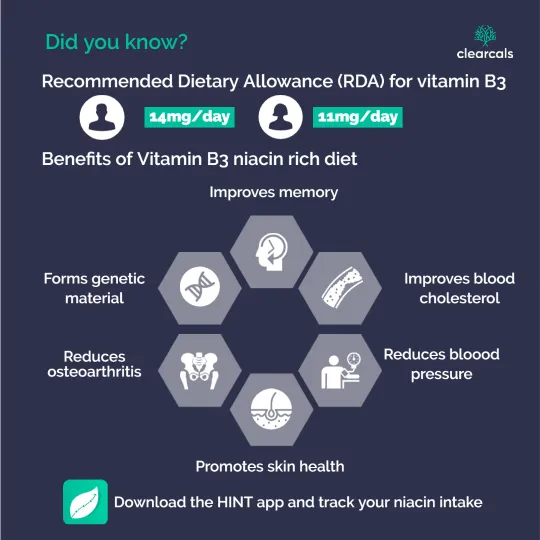
24. What vitamins help build muscle?
Vitamin B3 helps with muscle growth, muscle repair, recovery, and improved metabolism. Apart from this, vitamins D, A, E, and C play an important role in muscle growth and recovery.
25. How soon should you eat protein after a workout?
Post-workout protein should be consumed within the first hour after finishing a workout.
26. Is a pre-workout meal necessary?
Yes. Have your pre-workout meal 15 minutes before starting your exercise to fuel your activity and give your body what it needs to perform at its peak.
27. Why is it important to eat protein after a workout?
Eating protein helps rebuild and repair damaged muscle fibers.
28. Which protein is best for belly fat loss?
Losing belly fat depends on many factors. Eating a specific protein-rich food or supplement may not reduce belly fat.
29. Will I lose weight if I don't eat after a workout?
Exercising and not eating can make you lose muscle mass. This could cause unhealthy weight loss. Do not skip your meals after a workout.
30. Is it OK to work out on an empty stomach?
No. Exercising without eating results in low blood sugar. It can make you feel lethargic or light-headed during the workout.
31. What is the best time to work out?
Working out early in the morning is good for your metabolism. Other alternatives could be working out 2 hours after your lunch. Avoid working out at least 2 hours before you go to bed as it could disrupt your sleep cycle.
32. Should I work out twice a day?
Two-a-day workouts can be a good idea, but only if you stick to a structured workout plan with enough time for rest.
33. How long should workouts be?
Aim for at least 150 minutes of moderate activity or 75 minutes of vigorous-intensity cardio exercise per week.
For more detailed FAQs, consult the Hint app or reach out to our support team at support@clearcals.com.
Final Thoughts
The Hint High Protein Indian Diet Plan is your go-to solution for achieving your muscle gain goals. Tailored to your needs, this plan ensures you're getting the nutrients needed to build muscle, while the Hint app provides personalized tools to track your progress.
By subscribing to Hint Pro or Hint Premium, you'll also gain access to advanced features like calorie tracking for over 300 strength training workouts and insights into your diet and performance.
Our app supports your journey with real-time adjustments to keep you on track, no matter your goal.
For those serious about fitness, this gym diet plan is a must. Download Hint today and take the first step towards achieving your muscle gain goals!
🎯 Maximize Your Muscle Gains with Garmin + Hint Premium
Train smarter and recover better. When you purchase any of the following from the Clearcals Store: Garmin Venu Sq 2, Garmin Vivoactive 5, Garmin Instinct 2, Instinct 2X Solar, or Instinct 2X Solar Tactical, you'll receive one month of free Hint Premium (worth Rs. 1999), which includes:
✅ Unlimited dietitian consultations
✅ Personalized diet and workout plans
✅ Advanced calorie and nutrition tracking
🚀 Shop now at the Clearcals Store today and start your transformation with free Hint Premium access!





